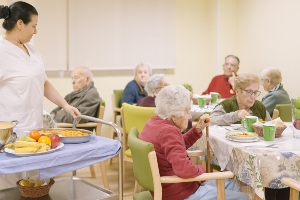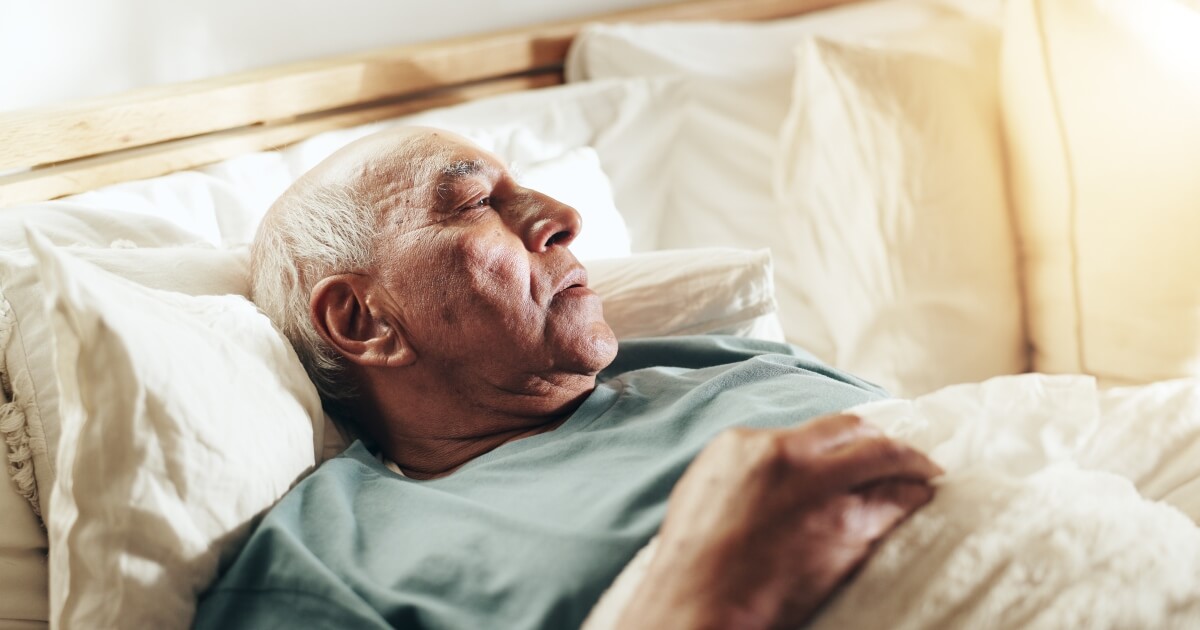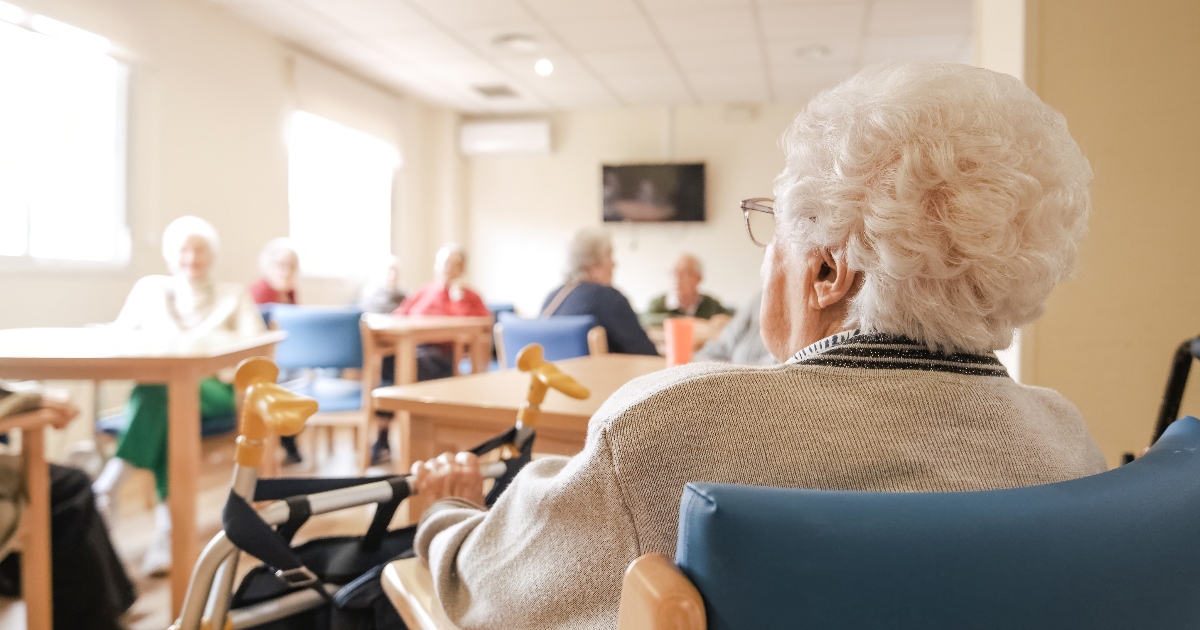
Nursing homes are entrusted with the care of some of society’s most vulnerable individuals—elderly residents who often have complex health needs. When a resident suffers an injury or death due to choking, the question arises: can the nursing home be held liable?
Below, our Sante Fe nursing home abuse attorneys explore these aspects in detail, providing insight into how legal action may proceed if a loved one dies from choking in a nursing home
If your loved one was neglected or abused in a nursing home, our experienced Albuquerque nursing home abuse attorney are here to discuss your potential legal rights. We can help you explore your legal options and help you obtain justice for your loved one. At PKSD, we are here to guide you through the complex legal process.
Call today to schedule a FREE consultation: 505-677-7777.
What Is the Duty of Care and Liability of Nursing Homes in Sante Fe?
Nursing homes, like all healthcare providers, have a legal duty to protect their residents from harm. This duty of care includes providing a safe environment, ensuring proper medical attention and meeting the basic needs of residents. In cases of choking deaths, nursing homes must prove they took reasonable steps to prevent such incidents. If the nursing home is negligent in meeting this duty, they may be held liable.
What Factors Could Cause Residents to Choke?
The factors that determine liability in choking death cases are:
Staff Training and Supervision
Nursing home staff must be properly trained to handle residents with swallowing difficulties. They need to know how to assist residents during meals, monitor them while eating and respond quickly in the event of a choking incident. If the staff is undertrained or inadequately supervised, this may be grounds for liability.
Care Plans
Nursing homes are required to create individualized care plans for each resident, which include considerations for their medical conditions and eating habits. These plans should outline any special dietary requirements, feeding assistance and the need for modified food textures. Failure to implement or follow these care plans can result in a negligence claim.
Adequate Staffing
One of the most common causes of nursing home negligence is understaffing. If there are not enough qualified staff members to supervise residents during meals or attend to residents in distress, choking incidents may occur. Facilities must provide sufficient staff to ensure that residents are not left unattended during meals.
Failure to Act in an Emergency
Nursing home staff should be trained in emergency response, including the Heimlich maneuver or other choking first aid techniques. Failure to act promptly or appropriately during a choking incident can significantly increase the likelihood of a fatal outcome.
Facility Conditions
A nursing home is required to maintain a safe environment, which includes addressing any hazards that could contribute to choking. This includes ensuring residents have access to proper utensils, that food is cut into manageable pieces and that food items are not hazardous to residents with swallowing difficulties.
How Do You Investigate the Circumstances of a Choking Death?
If a loved one dies from choking in a nursing home, families may want to investigate whether the facility failed to meet its legal responsibilities. Common signs of negligence include:
- No staff presence during meals: If the resident was left unsupervised or was not monitored closely while eating, the nursing home could be held liable for not ensuring the resident’s safety.
- Incorrect food preparation: If food was not prepared according to the care plan or the needs of the resident (e.g., cutting food into large chunks when the resident requires soft or pureed food), this could indicate negligence.
- Delayed or inadequate emergency response: If the staff failed to respond to the choking incident in a timely or effective manner, this could be a breach of the facility’s duty to protect the resident from harm.
- Failure to implement or update care plans: If a resident had known swallowing issues and the nursing home did not implement an appropriate care plan to address these difficulties, the facility may be liable for neglect.
In the event of a choking death, it is crucial for the family to document all available information about the incident. This includes obtaining medical records, reviewing care plans and speaking to any witnesses. Consulting an attorney who specializes in nursing home abuse or negligence cases can provide guidance on how to investigate an incident and proceed with a claim.
Call PKSD For Legal Help
If you have lost a loved one due to choking in a nursing home, do not hesitate to seek legal help. A trusted attorney can give you insight into your next legal step and answer any questions you may have.
At PKSD, we are here to help you and your family. While we cannot change the outcome of your circumstances, we can assist you in seeking justice and compensation. Call today to speak to one of our attorneys during a free, no-obligation consultation.
Contact our skilled Nursing Home Abuse Attorneys today: 505-677-7777






